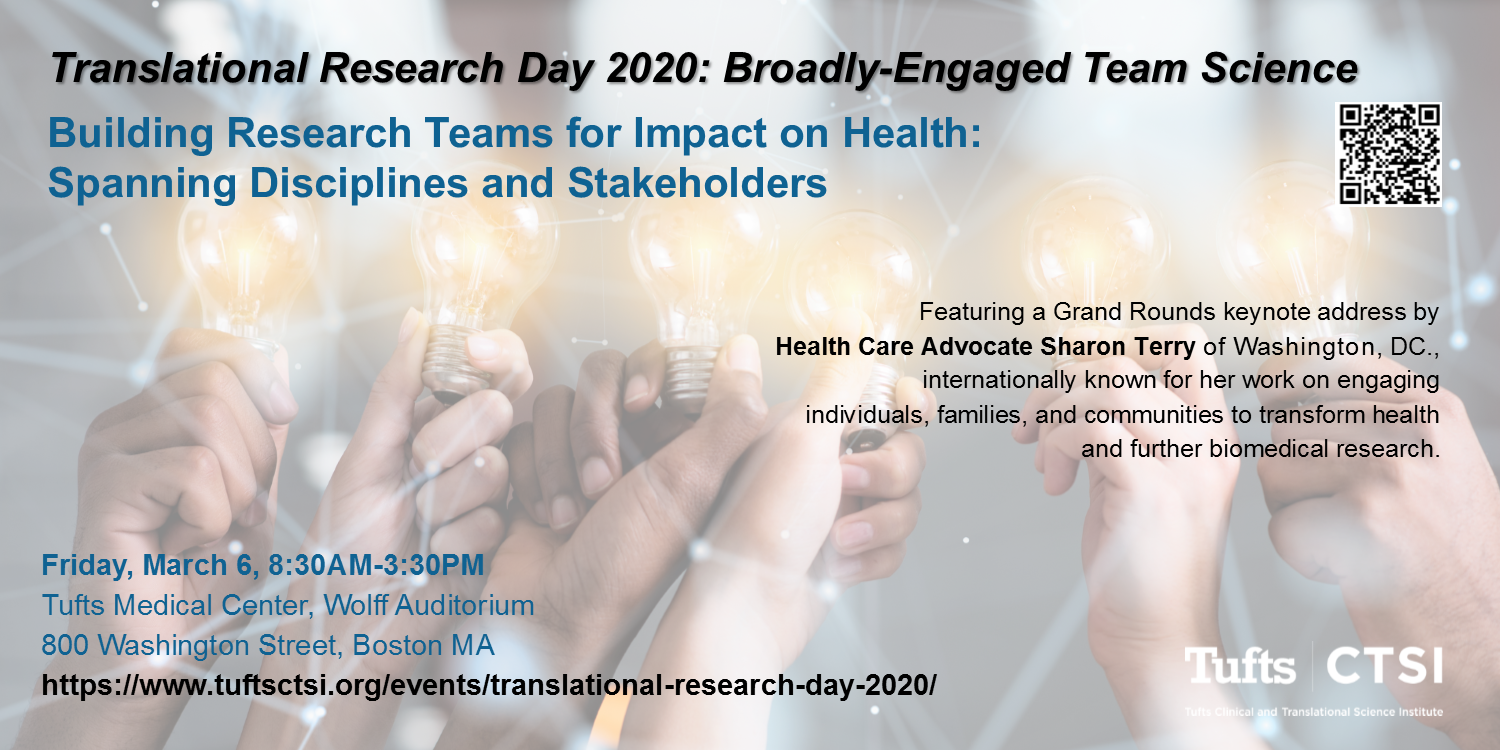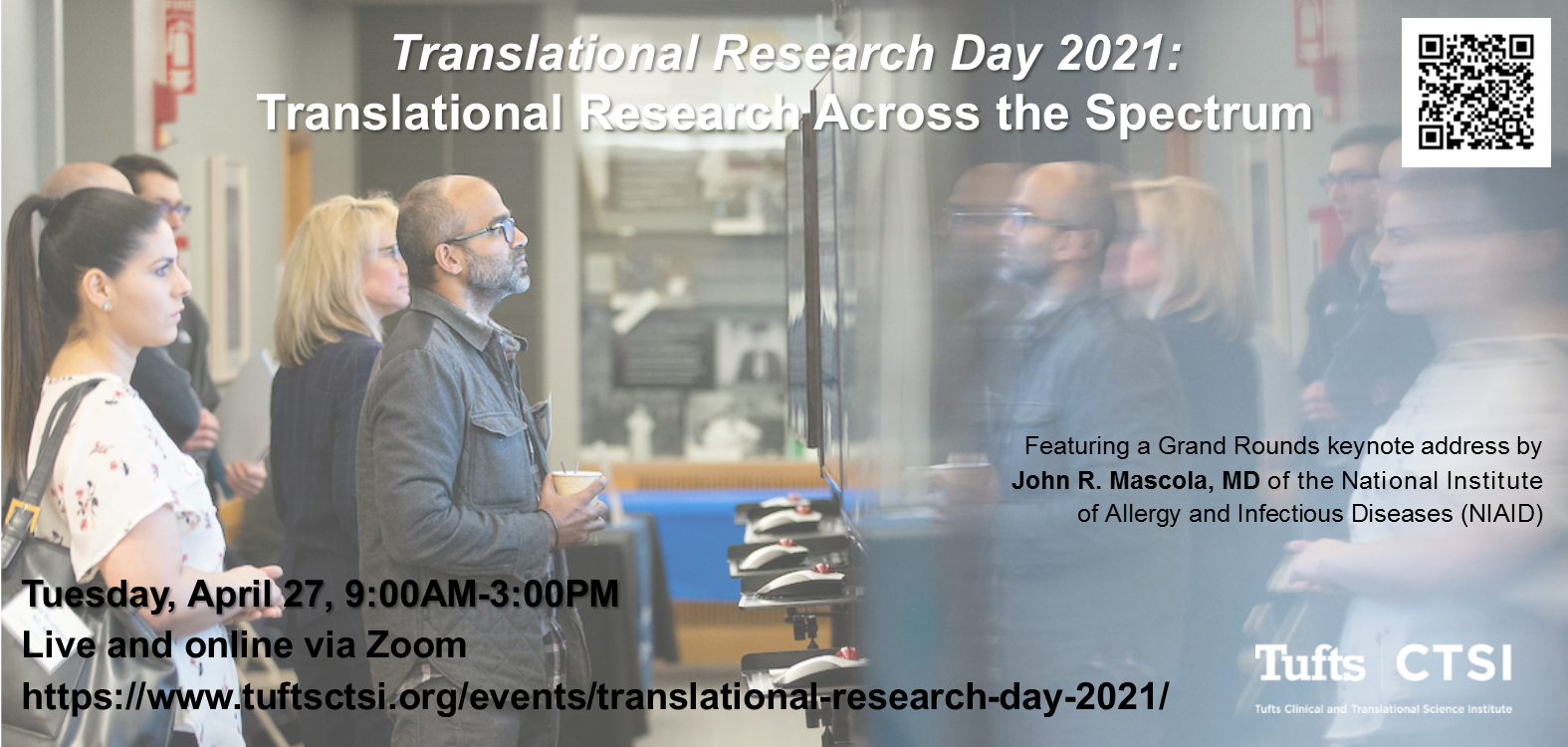
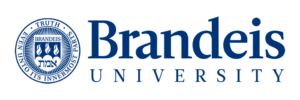
Are you interested in studying the impact of the COVID-19 pandemic on health systems and the communities they serve?
Do you have an idea for a collaborative research project and want to meet like-minded clinicians and/or health policy researchers to help you formulate next steps?
Save the date for Tufts CTSI’s Fall 2021 Team Science Summit, The COVID-19 Pandemic Impact on Health Care.
The COVID-19 pandemic has highlighted issues such as:
- Health disparities
- Equity of access
- Telehealth
- System preparedness and responsiveness
- Health Care staffing
- Health Care workforce well-being
This event will bring together researchers and clinicians from Brandeis University and Tufts CTSI partners to explore opportunities for multidisciplinary collaborations focused on examining the impact of the COVID-19 pandemic on health care. The format will consist of several short talks (five-to-seven minute) followed by breakout groups to help build future collaborative research projects.
Details
Friday, September 17, 2021
2:00-3:30PM
via Zoom
Registration
Please register here.
Who should attend?
Researchers, clinicians, and students at any level who already doing research on the impact of the pandemic, have ideas for new research on the impact of the pandemic, or who are interested in learning more about the pandemic’s impact are encouraged to attend.
Agenda
2:00PM: Welcome and Opening Remarks
- Jennifer Perloff, PhD, MPA, Brandeis University
- Cheryl London, DVM, PhD, DACVIM, Tufts University
2:10PM: Topical Project Presentations
- Modeling Impacts
- Approximate Bayesian Computation for an Explicit-Duration Hidden Markov Model of COVID-19 Hospital Trajectories
Michael Hughes, PhD, MS, Tufts University School of Engineering
- COVID-19 ICU Outcomes by Race
Sadeq Quraishi, MD, MHA, MMSc, Tufts Medical Center Critical Care Medicine
- Care Innovations
- AI-Supported Multilingual Audio for Patients of Limited English Proficiency
Hyeon Ju Song, MS, Massachusetts Institute of Technology
- Telehealth within Adolescent and Young Adult Cancer Programs
Nadine Linendoll, PhD, MDiv, GNP, Tufts Medical Center Cancer Center
- Workforce Issues and Impacts
- PTSD related to COVID-19 and the Impacts of the Workplace
Samantha Meeker, MPH, PhD Candidate, Northeastern University
- Palliative Care in Nursing Homes: COVID-19 Public Health Emergency and Realistic Implications for Future Care
Christine Bishop, PhD, Heller School for Social Policy and Management, Brandeis University
- Vaccine Uptake
- Community Dialogues to Build Trustworthiness and COVID Vaccine Confidence
Jonathan Garlick, DDS, PhD, Tufts School of Dental Medicine
- A Qualitative Study of Decisions About COVID-19 Immunizations Among Rural Mainers
Kathleen Fairfield, MD, MPH, DrPH, Maine Medical Center
2:50PM: Parallel Sessions (Topic Discussion/Idea Generation)
- Breakout 1: Modeling Impacts
- Facilitator: Jennifer Perloff, PhD, MPA, Brandeis University
- Breakout 2: Care Innovations
- Facilitator: Daniel Weiner, MD, MS, Tufts Medical Center
- Breakout 3: Workforce Issues
- Facilitator: Karen Donelan, ScD, EdM, Brandeis University
- Breakout 4: Vaccine Uptake
- Facilitator: Cheryl London, DVM, PhD, DACVIM, Tufts University
3:30PM: Adjourn
Abstracts
Approximate Bayesian Computation for an Explicit-Duration Hidden Markov Model of COVID-19 Hospital Trajectories
Michael Hughes, PhD, MS, Tufts University School of Engineering
I’m looking to brainstorm if there are any groups that have ideas about how the model could help their research, or how we can extend the model to better capture important real phenomena. We address the problem of modeling constrained hospital resources in the midst of the COVID-19 pandemic in order to inform decision-makers of future demand and assess the societal value of possible interventions. For broad applicability, we focus on the common yet challenging scenario where patient-level data for a region of interest are not available. Instead, given daily admissions counts, we model aggregated counts of observed resource use, such as the number of patients in the general ward, in the intensive care unit, or on a ventilator. In order to explain how individual patient trajectories produce these counts, we propose an aggregate count explicit-duration hidden Markov model, nicknamed the ACED-HMM, with an interpretable, compact parameterization. We develop an Approximate Bayesian Computation approach1 that draws samples from the posterior distribution over the model’s transition and duration parameters given aggregate counts from a specific location, thus adapting the model to a region or individual hospital site of interest. Samples from this posterior can then be used to produce future forecasts of any counts of interest.
The Association of Race with Clinical Outcomes in Patients with Coronavirus Disease 2019 Admitted to the Intensive Care Unit
Sharma E. Joseph, MD and Sadeq A. Quraishi, MD, MHA, MMSc
Department of Anesthesiology and Perioperative Medicine, Tufts Medical Center
The team investigated whether race is associated with length of stay (LOS), discharge destination, and in-hospital mortality in COVID-19 patients admitted to the intensive care unit (ICU) of a single, teaching hospital that serves a racially diverse patient population. We performed a retrospective analysis of data from COVID-19 patients admitted to the ICUs at Tufts Medical Center between March 2020 and August 2020. Self-reported race was categorized as White, Black, Latinx, or Asian. Via a 500-patient analytic cohort (200 White, 100 Black, 100 Latinx, and 100 Asian), we investigated the association of race with ICU length of stay and with discharge destination (non-home vs home) and mortality. Our analysis demonstrated that there was no difference between White, Black, and Asian patients regarding ICU LOS. However, compared to White patients, Latinx patients were more likely to have a prolonged ICU LOS. We found there was no relationship between race and discharge destination, and that there was no difference in mortality between White, Black, and Latinx patients. However, Asian patients had almost 60% lower likelihood of mortality compared to White patients. Our results suggest that race may have an influence on important clinical outcomes in COVID-19 patients admitted to the ICU. Further studies are needed to determine whether biological reasons can explain these observed differences and to determine whether these risk factors could be modified to improve outcomes in critically ill COVID-19 patients.
AI-Supported Multilingual Audio for Patients of Limited English Proficiency
Hyeon Ju Song, MS, Massachusetts Institute of Technology
We aim to provide AI-supported multilingual audio to patients of limited English proficiency so that they can receive quality medical care. We are in the stages of testing out our research by collaborating with various care teams across the Mass General Hospital. This project aims to reduce health disparity and promote equity both during the COVID-19 pandemic and beyond.
Telehealth within Adolescent and Young Adult Cancer Programs
Nadine Linendoll, PhD, MDiv, GNP, Tufts Medical Center Cancer Center
The Reid R Sacco Adolescent and Young Adult Survivorship Program closed to in-person visits in early 2020 due to the Covid-19 pandemic. During the pandemic heath care providers began to worry that vulnerable cancer patients would begin to fall out of care and experience negative health outcomes. Responding to the need to keep patients in care, the clinic began a rapid roll out of new telehealth platforms to facilitate provider-to-patient interaction in real time. The transition to telehealth occurred quickly through strategic decision-making and policy changes at both the federal and state level. Clinic staff initially identified the most vulnerable patients with known mental health concerns. Telehealth was rolled out to patients in two phases including audio only and then audio-video platforms. Telehealth services successfully kept vulnerable patients in care during the pandemic with increased flexibility to check in with patients more frequently. The clinic’s long-term goal is to integrate telehealth into standard AYA survivorship care; however, telehealth faces increasing barriers in health policy, as many of the modifications made early in the pandemic are being amended or lifted. Oncology providers are advocating for health policy legislation to extend telehealth services beyond the pandemic into routine oncologic care.
PTSD related to COVID-19 and the Impacts of the Workplace
Samantha Meeker, MPH, PhD Candidate, Northeastern University
The COVID-19 pandemic’s immediate consequences have been grave; however, the severity of the long-term effects is yet unknown. Among these unknown impacts is the rate of PTSD related to COVID-19 among the general population. Rates of PTSD related to the pandemic have been shown to be high in early studies, but research around mental health and the workplace has found that workplaces can mitigate the mental health issues, like PTSD, related to a health emergency such as COVID-19. Our research aimed to examine how PTSD related to COVID-19 was impacted by workplaces. Specifically, we studied the impacts of job supports, including types of paid leave and organizational practices on PTSD. We used data from a national panel survey of working parents that measured PTSD using a modified version of the Impact of Events Scale – 6. We found that both demographics and workplace supports played a role in levels of PTSD among working parents. Our findings suggest that workplace level interventions can be effective during times of health emergencies to reduce mental health issues among staff.
Palliative Care in Nursing Homes: COVID-19 Public Health Emergency and Realistic Implications for Future Care
Christine E. Bishop. PhD, Heller School for Social Policy and Management, Brandeis University
Kacy Ninteau, BS, Dana Farber Cancer Institute, Psychosocial Oncology and Palliative Care
Palliative care addresses physical, emotional, psychological, and spiritual suffering that accompanies serious illness. Symptom management and continuous assessment of goals of care are especially valuable for seriously ill nursing home residents, but are often far from ideal in practice. Previous research has emphasized use of outside consultants, who have often been difficult for nursing home residents to access, or dedicated internal resources, hard for resource-strapped nursing homes to provide. Our preliminary investigation of palliative care challenges stemming from the isolation imposed by the COVID-19 public health emergency (PHE) highlighted the potential for in-house delivery of palliative care. It left us with questions about the roles in facilitating or impeding effective palliative care for residents’ physicians, Medicare hospice policy and providers, and the knowledge base and task priorities of overextended nursing staff. We are seeking partners with knowledge of nursing home palliative care to contribute to a study design using qualitative, administrative, and survey data.
Community Dialogues to Build Trustworthiness and COVID Vaccine Confidence
Jonathan Garlick, DDS, PhD, Tufts School of Dental Medicine; Jennifer Allen, ScD, MPH, MSN, Melissa Barbosa, Raissa Li, Anton Schenk, Tufts University School of Arts and Sciences; Binta Barry, Maggie Fenwood Hughes, MSW, MS, Nicole Tong, Tufts CTSI
The pandemic has dramatically revealed the need for public health communication strategies that value people’s legitimate uncertainties and fears about COVID vaccination. We are creating dialogues in Boston communities of color and immigrant communities where participants share life experiences that underly what they think and feel about COVID vaccination. These conversations create a space to build mutual understanding as people humanize one another when considering the risks and benefits of vaccination. This talk will describe the process of building dialogues that are “from the community, for the community”, as well as highlight the tensions and challenges in doing this work.
A Qualitative Study of Decisions About COVID-19 Immunizations Among Rural Mainers
Kathleen Fairfield, MD, MPH, DrPH, Maine Medical Center
While New England states have been relatively successful in COVID-19 uptake of vaccines, rates remain below thresholds set by the CDC. In Maine, rates of vaccination were still only 64% of the 12+population in August 2021. Experts have emphasized an evidence-based approach—listening to the concerns of communities—to create effective policies or messages to encourage more people to be immunized. However, there is little available evidence for rural populations, especially in New England. We sought to better understand reasons for vaccine hesitancy among rural Mainers to fill this need. In collaboration with community partners, we recruited individuals to participate in semi-structured interviews about their attitudes toward, knowledge about and experience with COVID-19 vaccination, including how they receive and evaluate information related to the vaccines. Our findings are clear that there is variability in attitudes towards COVID-19vaccines among rural populations in northern New England, and these differences warrant separate strategies for accelerating vaccine uptake. Explicit messages to vaccinate are likely to backfire among individuals whose hesitancy stems from skepticism of COVID-19. Mandates may further entrench their concerns and could inspire sympathy among many of the vaccinated as well. We plan to use insights from this study to develop a targeted messaging intervention.
Contact
Hannah Santos, MBA
Senior Project Manager, Tufts Clinical and Translational Science Institute
Hsantos@tuftsmedicalcenter.org

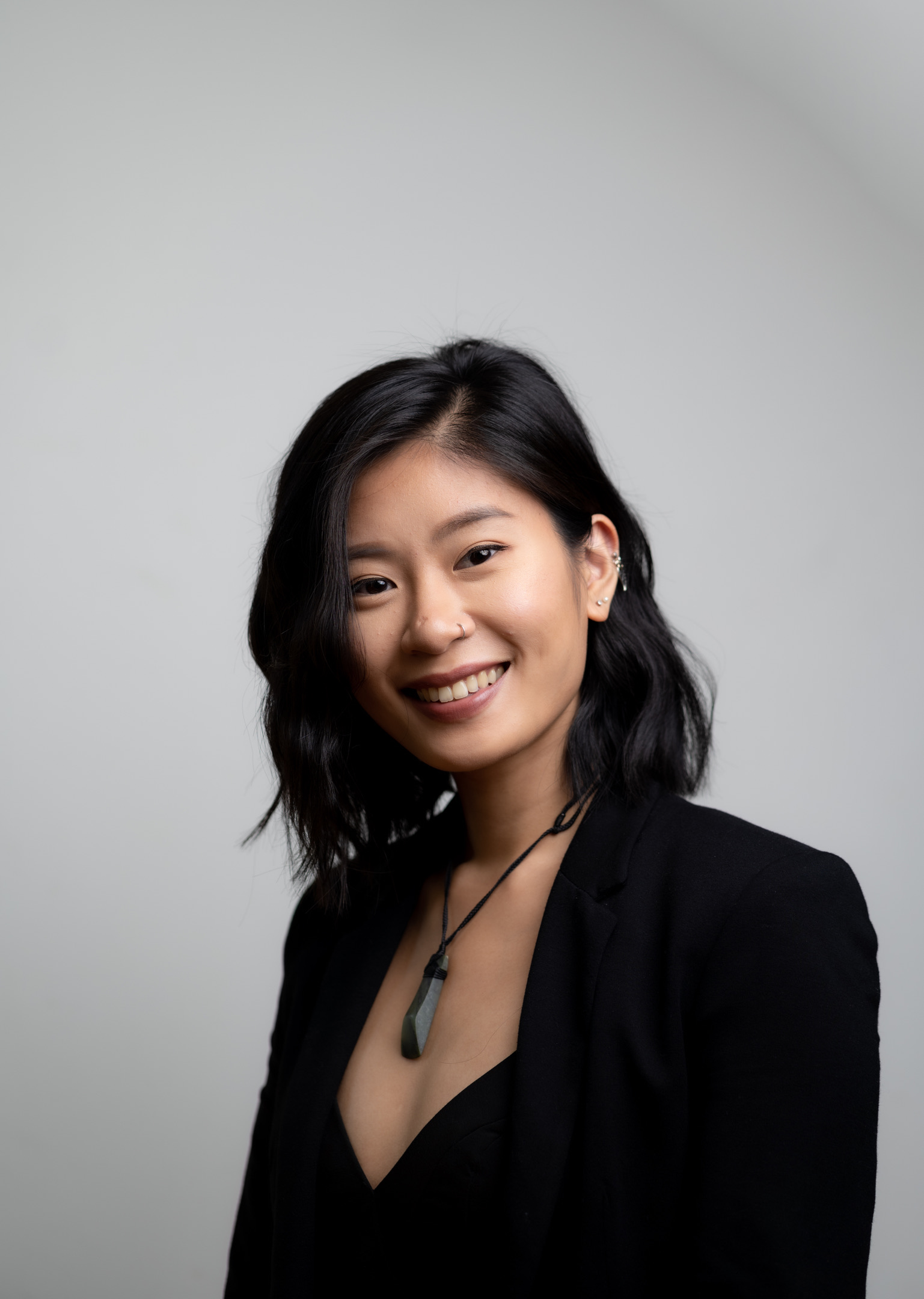
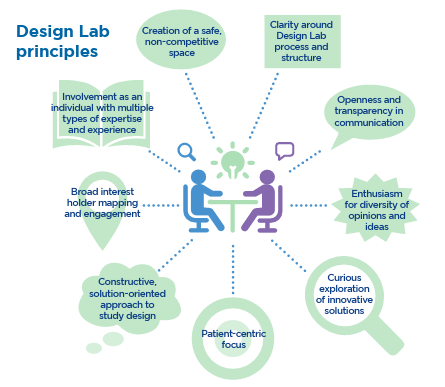

 Mark your calendars for the upcoming
Mark your calendars for the upcoming 


